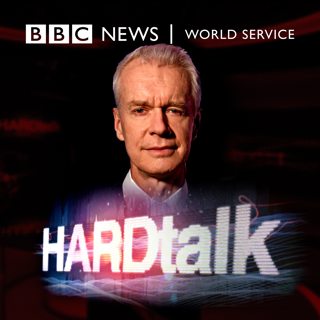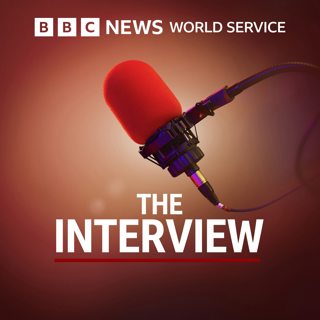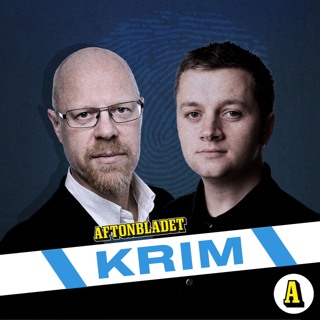
Marine Le Pen - President of the National Front Party, France
With voters from around the world are expressing their disgust with politics, she is going to be a key player in next year’s French presidential elections. Could Marine Le Pen, leader of the National ...
14 Okt 201623min

Author and Campaigner Margaret Atwood
There are writers of world renown whose reputation rests on one great book. There are others who write more prolifically but always in the same territory. And then there's Margaret Atwood whose output...
14 Okt 201623min

President of Americans for Tax Reform - Grover Norquist
The Influential Conservative tax campaigner Grover Norquist talks to Stephen Sackur. Why does he think Donald Trump's policies will help him win the race for the White House?
12 Okt 201623min

Comedian and Satirist - Pieter-Dirk Uys
Stephen Sackur speaks to South African satirist, Pieter-Dirk Uys. Leaders who routinely abuse their power cannot stand to be laughed at. Satire is a potent political weapon. That is a truth Pieter-Dir...
10 Okt 201623min

Chairman of Israeli Foreign Affairs and Defence Committee - Avi Dichter
Stephen Sackur speaks to Avi Dichter, Chair of Israel's Foreign Affairs & Defence Committee. Think of Israel's turbulent history since the 1967 war and you might think first of the political leaders, ...
7 Okt 201623min

Nigeria's Minister of Industry, Trade and Investment - Okechukwu Enelamah
Shaun Ley speaks to Okechukwu Enelamah, Nigerian Minister of Industry, Trade and Investment. Nigeria's economy is contracting for the first time in 25 years. The north-east is threatened by famine and...
5 Okt 201623min

Meat Loaf: A rule-breaking rock legend
In an interview recorded in 2016, Stephen Sackur speaks to Meat Loaf, a rock'n'roll legend who broke the rules of the music business. He was never cool, never a pin-up, but his songs and performances ...
3 Okt 201623min

Turkish author Ece Temelkuran
HARDtalk’s Stephen Sackur speaks to Turkish author, Ece Temelkuran. Two months ago Turkey's elected Government managed to survive a botched military coup. A triumph for democracy? Not necessarily - no...
29 Sep 201623min






















